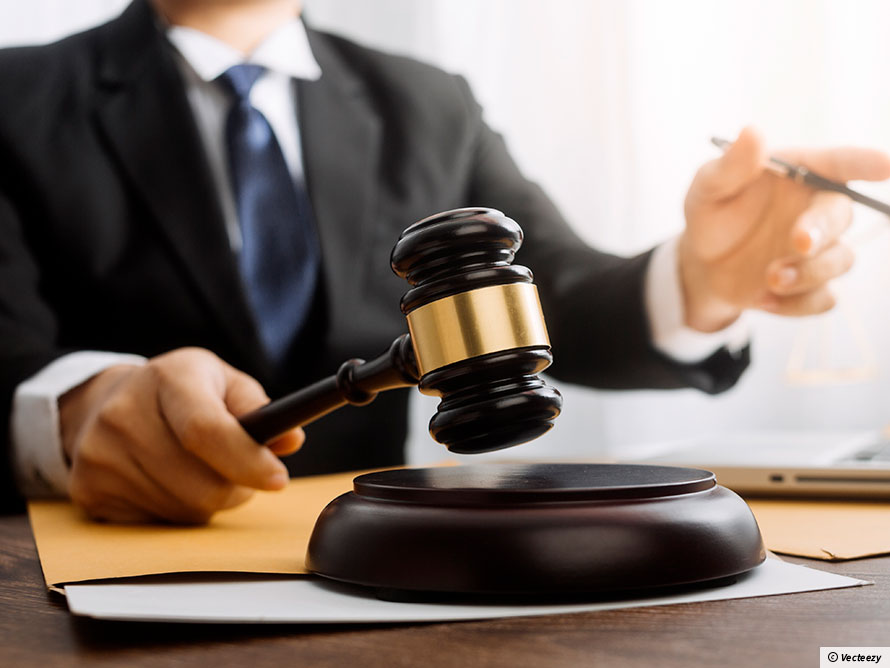Could a range of options be more just? The dual-verdict system of "guilty" or "not guilty" is seen as a pillar of many legal systems. But some say we need a new formula for the modern world.
Call to drop ‘guilty’ and ‘not guilty’ in law

Glossary
Treason - The crime of betraying your country.
Jurist - An expert in the law.
Abolished - To get rid of a rule or practice.
